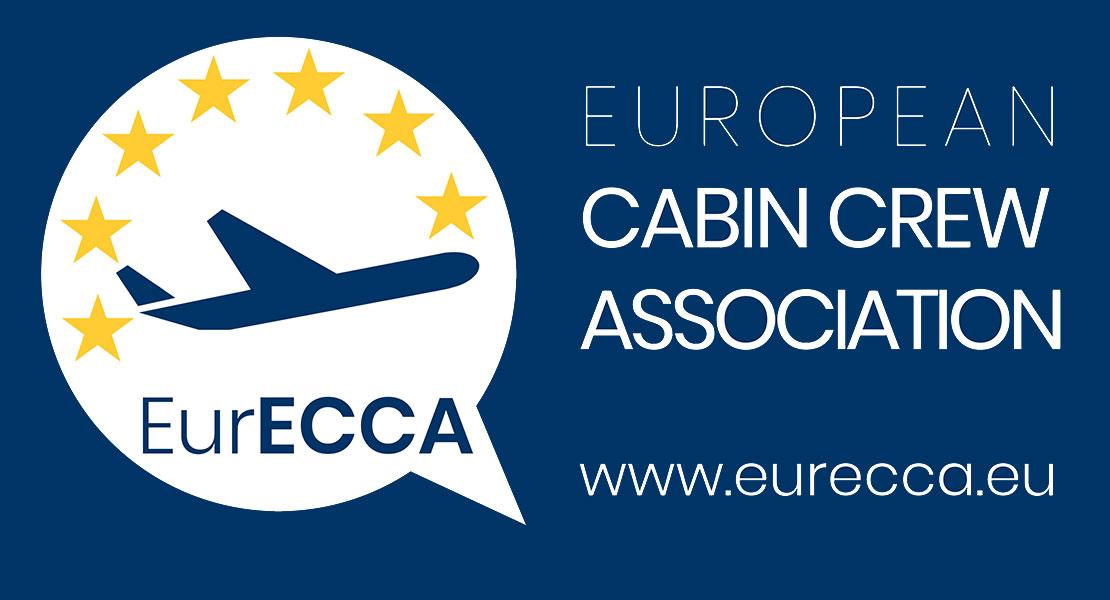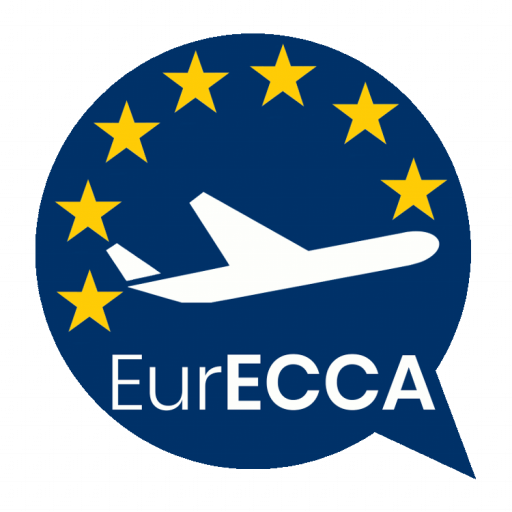The safety regulation FTL cannot rule social conditions, but poor social conditions will impact safety
This was the closing statement of the EurECCA Board Meeting in Rome. Representatives of all member unions of EurECCA met in Rome on invitation of the Associazione Nationale Professionale Aviazione Civile, ANPAC. Important topic of the meeting was the famous article 89 obliging EASA to report on the effects of fatigue on safety in aviation.
So far EASA has reported that fatigue is subjective, a state of mind of the crew, and that there is no evidence that fatigue is an issue. It is important to realize that EASA does not gather any data and that cabin crew is not obliged to report fatigue, only cockpit crew. Attempts to convince EASA that data gathering is necessary and that for a complete picture also cabin crew should be obliged to report has not resulted in any action taken on their part.
Research done by the Karolinska Institute to which EurECCA has contributed, does conclude that fatigue is a real threat in aviation safety. Poor social conditions, social insecurity and a failing social EU Directive for aircrews are the main reasons for fatigue in aircrews. Many EU airlines, especially the so-called low-cost airlines, use the FTL to schedule their aircrews, but the FTL was designed to be the rock-bottom line to ensure safety awareness during a flight. Social aspects such as having a family, friends and needing spare time to relax are not considered. FTL only provides for rest before a flight to ensure awareness, but nobody only sleeps and works.
A comprehensive social directive for aircrews, like the ones already existing for all other workers in Europe, is much overdue.
With its closing statement, EurECCA calls on the Commission to re-open Directive 2000/79 and ensure that high social standards are protected in Europe.
EurECCA represents, protects and develops the rights and needs of all cabin crew all over Europe
FLYING TOGETHER – PROTECTING EACH OTHER


